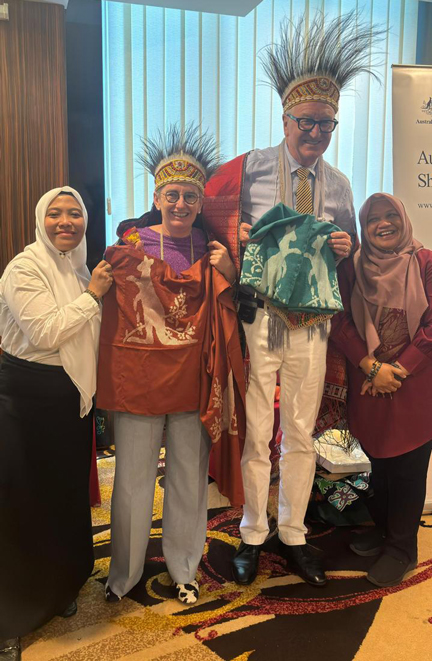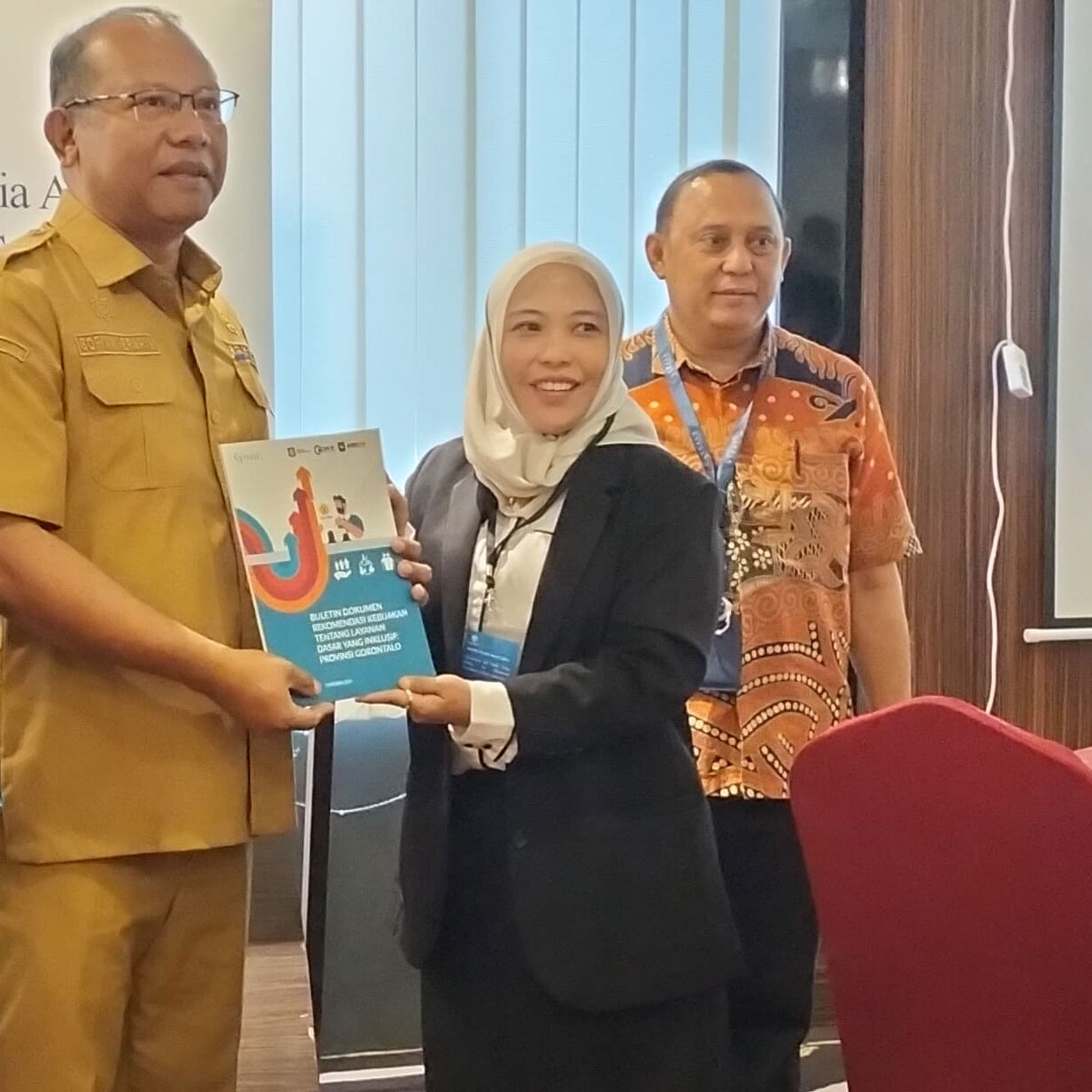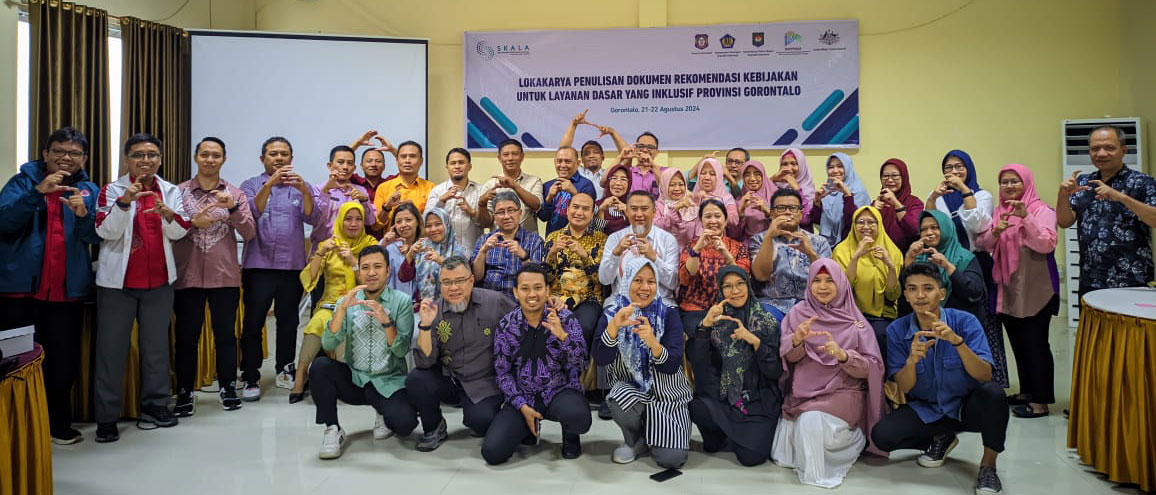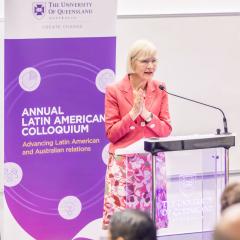In 2024, UQ International Development (UQID) delivered a short course to promote skills in the development of public policy and program service delivery in subnational governments, specific to Indonesian provinces including Papua, Nusa Tenggara and Aceh.
The course was delivered in Ubud, Bali (15-17 May 2024), then in Brisbane, Canberra and Sydney (10-21 June 2024), and finally in Gorontalo, North Sulawesi, for a post-course workshop (7-9 October 2024).
The Australia Awards Short Course on Governance and Public Policy Making for Subnational Governments (Eastern Indonesia) was funded by the Australian Government through the Department of Foreign Affairs and Trade (DFAT) and managed by the Australia Awards in Indonesia (AAI) in collaboration with SKALA. Course Leaders were public policy specialist Professor Ken Smith AO and former Queensland Minister for Finance and public sector luminary The Hon Rachel Nolan.
Within the program, learning was delivered to public sector practitioners who work toward the economic and social development of Indonesian people. Participants holding mid-to-senior roles were selected, with all participants – 16 females and 11 males, aged 32 to 50 years – completing the course.

The themes around which the course was structured included:
- The public policy cycle and contestability
- Public administration and public financial management from policy to service delivery
- Transparency and ethics in the public service
- Gender equity diversity, community engagement and social inclusion
- Evidence, evaluation and data analytics.

Professor Ken Smith agreed that participants were highly motivated to learn and make changes.
"Every member of the group engaged very actively with the program in Indonesia and Australia and was stimulated by site-focused guest presentations and reporting on their own work-based projects. Even though they worked and lived across the amazing diverse communities of the archipelago, they worked together cohesively and respectfully with each other," Professor Smith said.
A critical feature of the short course design within the Australia Award and UQ International Development programs is the incorporation of individual Award Projects where participants actively apply course content to their own working environment. Project outcomes were presented at the post-course workshop in Gorontalo, and course leaders were impressed with the early results.
“Participants had engaged with SKALA and their own agencies to implement meaningful projects which directly applied the learnings from Australia to their own work in Indonesian sub-national government areas,” Professor Smith said. All projects advanced significantly throughout the duration of the course, with some, by October 2024, creating an impact well beyond their initial objectives.

Course participant from Gorontalo, Ibu Tity Iriani Datau, shaped her project after visiting Canberra’s Australian Productivity Commission. In her role as a public servant on the island of Sulawesi, Ibu Tity invited public servants, academics and journalists to submit abstracts outlining functional policy initiatives toward an Indonesian Productivity Commission. She is also securing funding for a mechanism to review and distribute this best practice through the provincial government.
"This idea received positive responses in Gorontalo Province, especially due to the region's need to improve the quality of basic services and inclusive public policies," Ibu Tity said.
"Stakeholders, particularly at Indonesia’s regional development planning agency, Bappeda, saw that the evidence-based approach from Productivity Community Australia could be an effective model for formulating policy recommendations that are more responsive to community needs. However, there are also challenges, particularly in building institutional capacity and enhancing coordination between government sectors, academics, and civil society.
“During my visit to the Australian Productivity Commission, I was impressed by how they integrate input from the community and other stakeholders in the policy-making process. I also observed how they prioritise cross-sector collaboration, conduct public consultations in formulating inclusive public policies, and provide space for all parties to contribute,” Ibu Tity said.
She found the course learnings very valuable, particularly the emphasis on the importance of using data and evidence in policy formulation, multi-stakeholder engagement, and the ways that local governments in Australia enhance productivity and efficiency in public services. "This provided insights into a model that could be adapted in Gorontalo," Ibu Tity said.

The other highly valuable aspect of the AA course is that participants develop potentially ongoing relationships with Australia, UQ and Australian experts, some of whom they meet during their delivery of course content.
"Communication with all course participants continues to this day through discussion groups and online platforms, which enable seeking advice, sharing experiences, discussing challenges, and fostering collaboration," Ibu Tity said.
Since 1994, UQID has completed more than 500 projects across 80 countries, designing and delivering more than 190 tailored short courses for 5,000+ participants from Asia, Africa and the Middle East.



